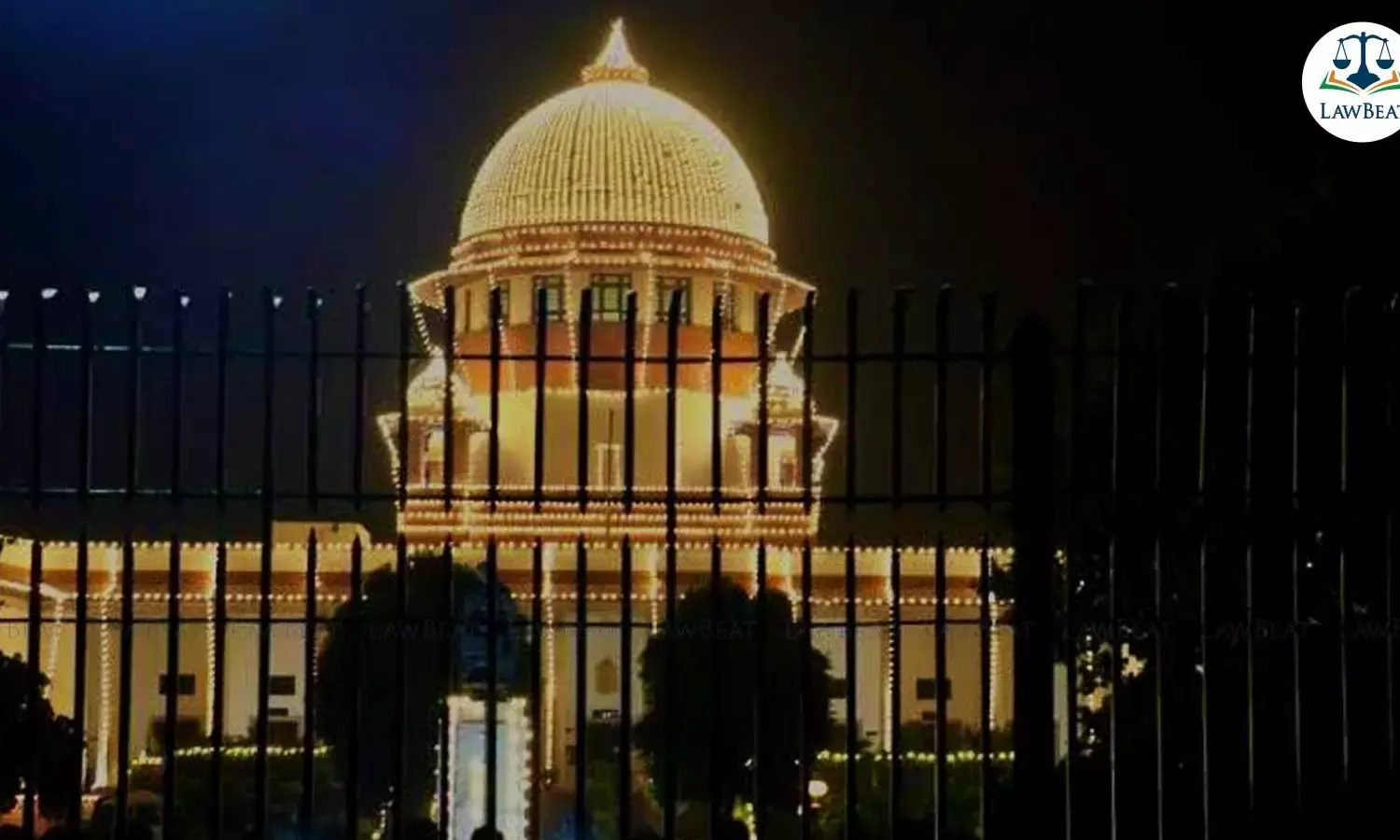SC Acquits Two in 2012 Child Rape-Murder, Terms DNA Report Without Chain of Custody ‘Trash Paper’

Supreme Court Of India
In a significant ruling on August 26, 2025, the Supreme Court of India set aside the conviction of two men who had been sentenced for the rape and murder of a 12-year-old girl in Uttar Pradesh back in 2012. The Court held that the prosecution’s failure to produce proper forensic evidence, particularly regarding DNA reports, fatally weakened the case.
A three-judge bench comprising Justices Vikram Nath, Sanjay Karol, and Sandeep Mehta acquitted the accused, Putai (who had been given the death penalty by a trial court) and Dileep (sentenced to life imprisonment). Their appeals were allowed against a 2018 Allahabad High Court judgment, which had earlier upheld the trial court’s verdict from 2014.
Why the Conviction Failed
The Supreme Court underscored that the case was built purely on circumstantial evidence. In such cases, the Court noted, the prosecution must prove guilt beyond reasonable doubt, and every incriminating circumstance must point only to the accused, ruling out all other possibilities.
Instead, the Court found glaring gaps:
• Recovery of articles not conclusive: The prosecution had relied on the recovery of the victim’s chappals, underwear, and water canister from a field cultivated by Putai. However, the Court held that this evidence alone could not establish guilt, particularly since the field was open and accessible to others.
• Doubt over identification of belongings: The victim’s parents were never shown the recovered articles for identification. Nor were the clothes ever sent for forensic examination.
• Failure to examine witnesses: Investigating officers did not question farmers working in nearby fields, even though the crime occurred between 7 and 8 PM, a time when such an act would likely have been noticed.
DNA Evidence Dismissed as “Trash Paper”
The most critical aspect of the case revolved around the DNA reports. The Court was scathing in its criticism:
• No document was produced showing that blood samples of the accused had even been collected.
• The first DNA report was inconclusive, while a supplementary report dated December 2, 2014 was introduced much later during High Court proceedings. This report came with an affidavit from a Deputy Director of the Lucknow Forensic Science Laboratory in 2017, but he was not connected with the issuance of the report.
• The Court ruled that a DNA report, being substantive evidence, cannot be proved through an affidavit, particularly by an officer who played no role in the procedure.
Invoking Section 293 of the Criminal Procedure Code (now Section 329 of the BNSS, 2023), the bench clarified that affidavits may only be used for formal evidence, not for substantive forensic proof. The proper procedure would have been to recall and re-examine the scientific expert under oath. The prosecution’s failure to do so rendered the DNA report inadmissible.
In strong words, the Court observed that without proof of proper collection and custody of samples, the DNA reports became nothing more than “a piece of trash paper.”
Shoddy Investigation Criticised
Beyond the forensic lapses, the Supreme Court noted several investigative failures that weakened the case:
• Contradictions between the first and supplementary DNA reports were left unexplained.
• The recovered items were not conclusively linked to the victim.
• Crucial witnesses from neighbouring fields were ignored.
Calling the case “yet another classic example of lacklustre and shabby investigation and laconic trial procedure,” the bench stressed that such lapses not only weaken the prosecution but also deny justice to the victim.
The Legal Principle Reaffirmed
The judgment highlights an important legal principle: in cases based solely on circumstantial evidence, the prosecution must bridge the gap between suspicion and certainty. The Court reiterated:
“The distance between ‘may be proved’ and ‘must be proved’ is small but has to be travelled before the prosecution can seek conviction.”
Case Title: Putai v. State of Uttar Pradesh
Date of Judgment: August 26, 2025
Bench: Justices Vikram Nath, Sanjay Karol, and Sandeep Mehta
